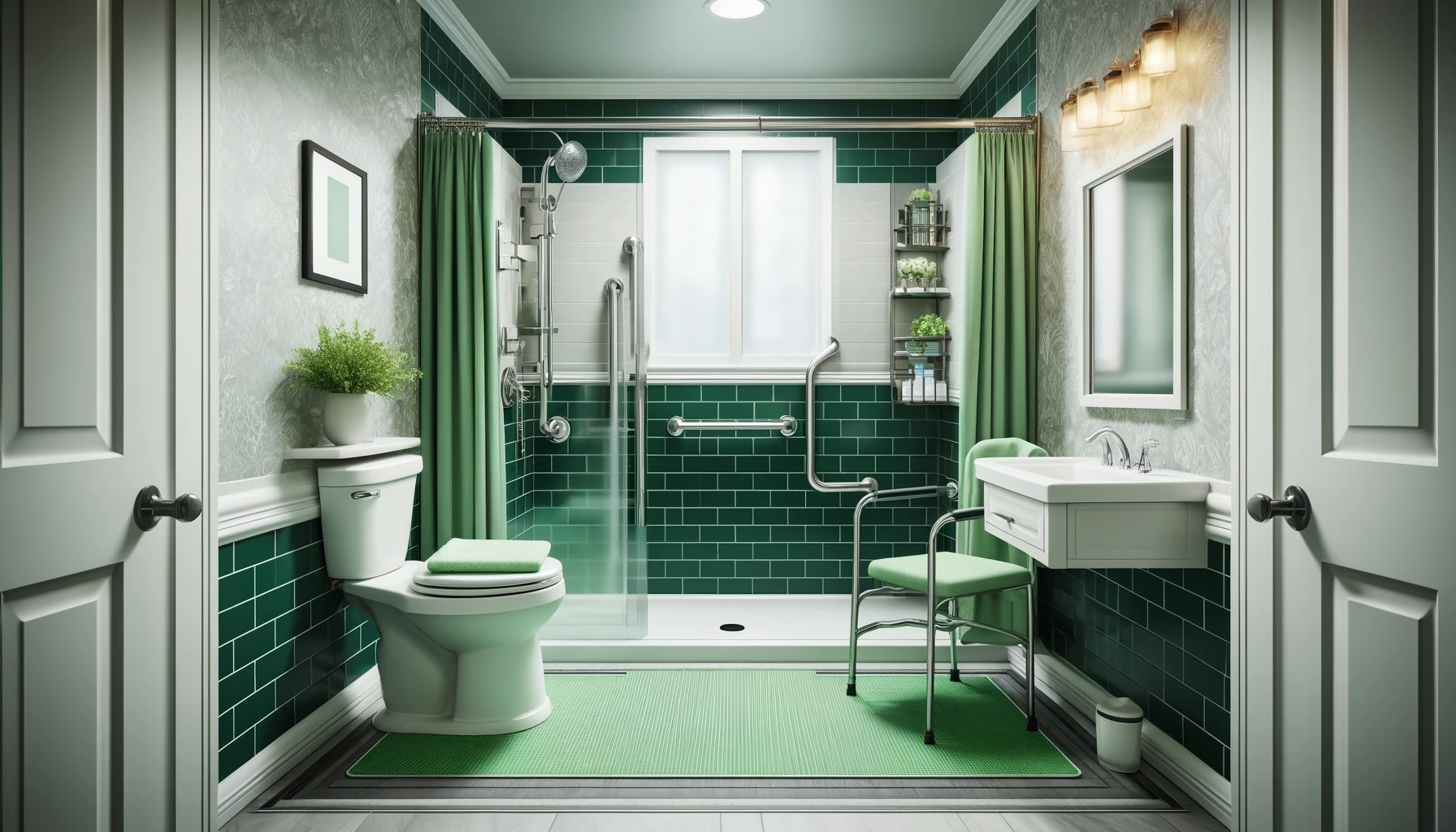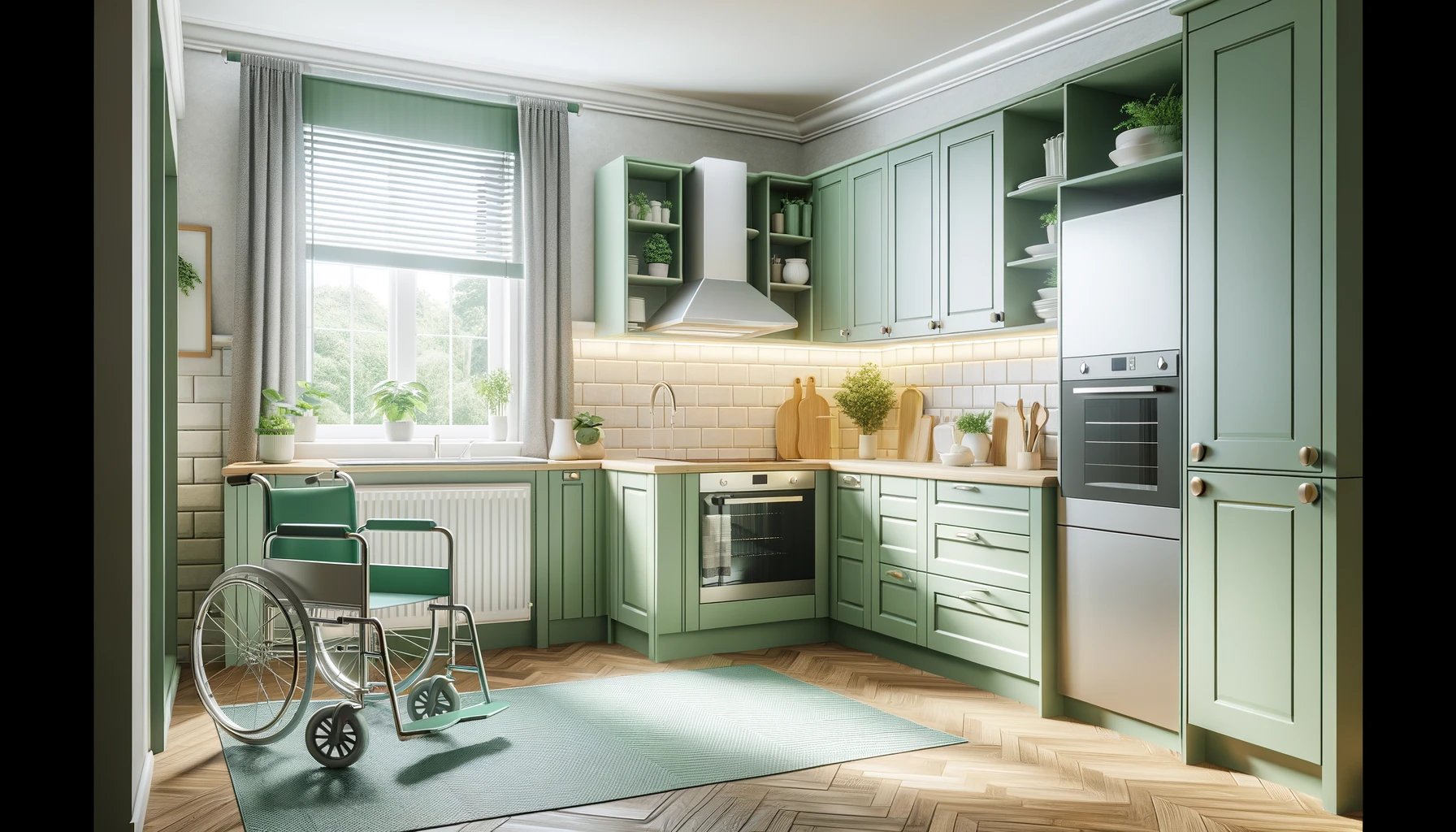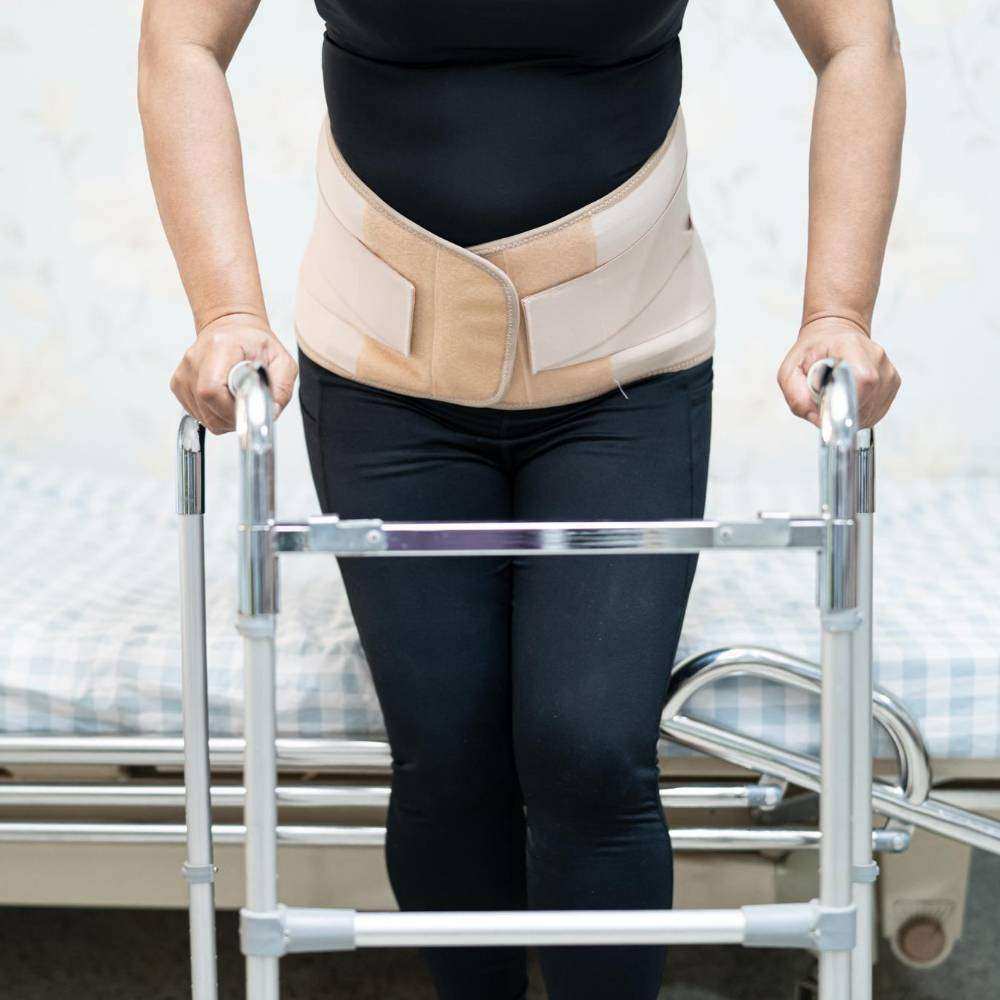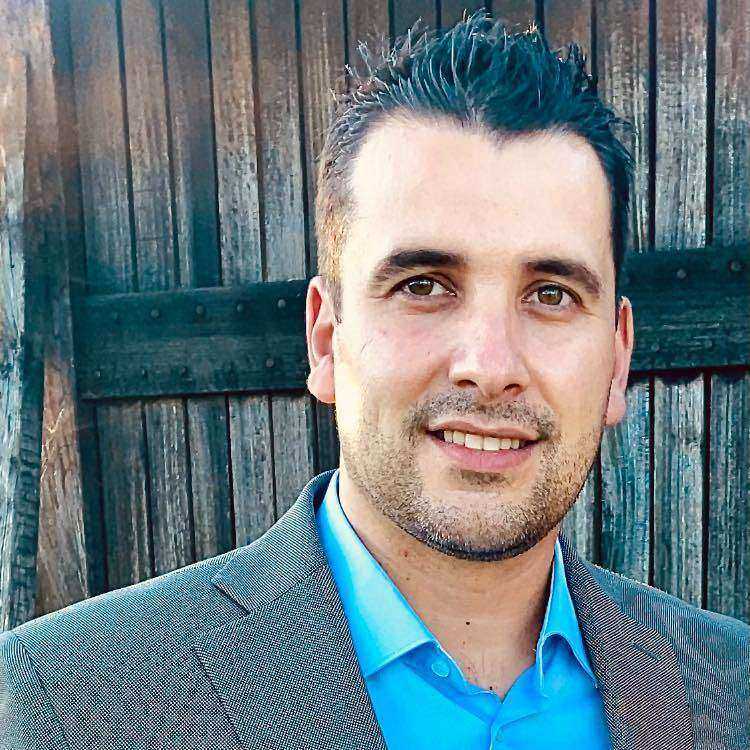Adapting the home environment is a fundamental aspect of promoting independence and safety for the elderly. With ageing, needs change and it becomes essential to adjust the living space
to meet these new realities. As a specialist in geriatrics, I emphasize the importance of creating an adapted home that not only facilitates our seniors' daily lives, but also promotes their well-being and quality of life. In this article, we'll explore practical measures to transform the home into a safe, comfortable and functional space for the elderly.
1. Safety First: Preventing Falls
Falls are one of the biggest concerns in old age and can result in serious injuries. Adapting the home should start with removing obstacles to prevent falls. This includes installing grab bars in critical areas such as bathrooms and hallways, removing loose rugs and ensuring good lighting throughout the house.
2. Accessibility: Promoting Independence
The independence of the elderly is significantly increased when the home is adapted to their physical capabilities. This can mean installing elevators or stairlifts for those who have difficulty with stairs, adapting cupboards and shelves so that they are within easy reach, and modifying doors so that they are wider, making access easier for walkers or wheelchairs.

3. Everyday comfort and ease
Small changes to furniture and equipment can make a big difference to daily comfort.
Choosing chairs with adequate back support, height-adjustable beds and ergonomic kitchen utensils are examples of how we can make the home more friendly for the elderly.
4. Technology in Favor of Health and Safety
Modern technology offers innovative solutions to increase the safety of the elderly at home. Emergency call systems, motion sensors that turn on lights automatically and health monitoring devices can all be integrated to provide peace of mind for both the elderly and their families.

Adapting a home for the elderly is not just a matter of convenience, but an urgent necessity to ensure their safety, independence and quality of life. As geriatric specialists, it is our duty to guide and support families in this transition, promoting active and healthy ageing. A
saúdeemsuacasa.pt is committed to being a partner in this journey, offering products and solutions adapted to the specific needs of our elderly. I invite everyone to reflect on the adaptations needed in
their homes and to seek the appropriate professional support to implement them.


